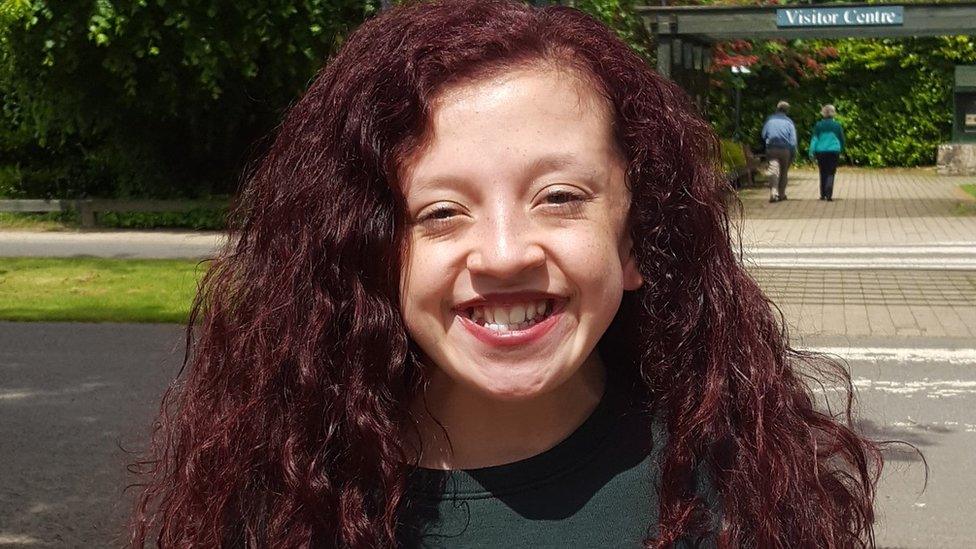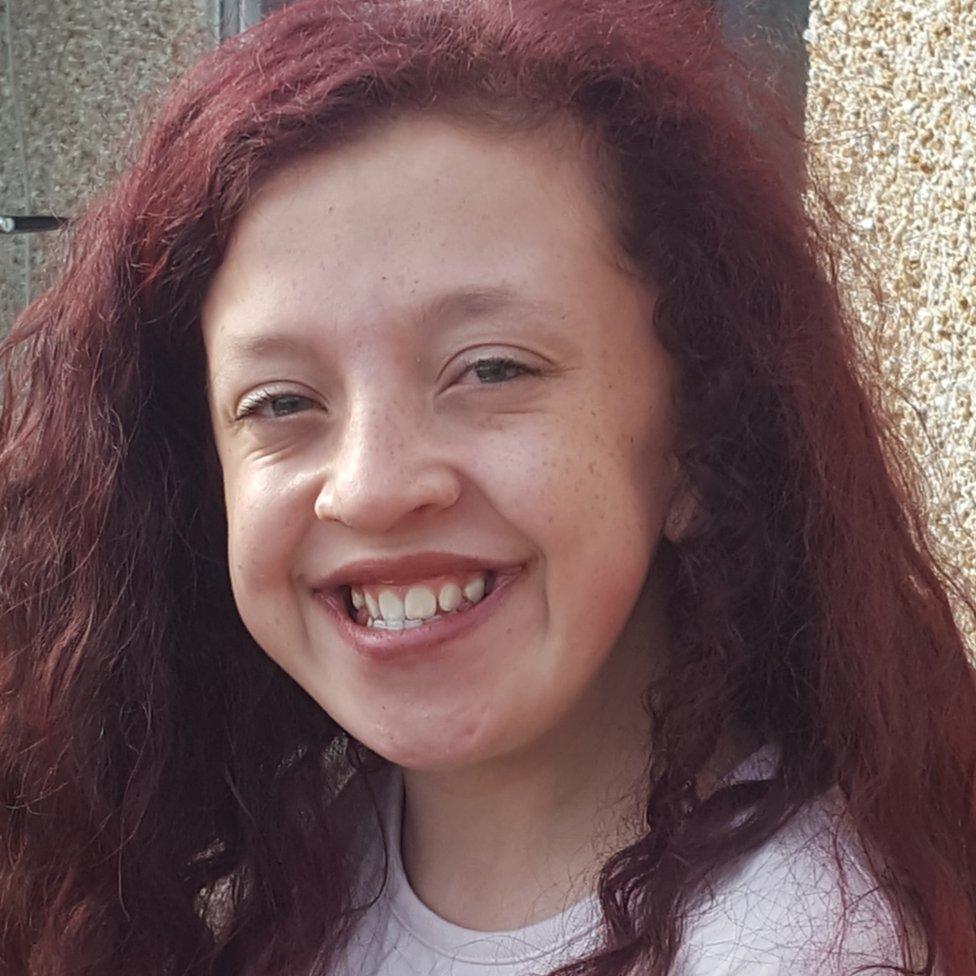Ayrshire teenager died after back surgery complications
- Published

Amy Allan died at Great Ormond Street Hospital last year
The mother of a Scottish teenager who died after having a back operation said she was "destined for great things".
Amy Allan, 14, died from complications following surgery at Great Ormond Street Hospital in London.
Her mother, Leigh, told an inquest into her death that Amy was a "confident and capable, active girl" and that the family had been left "devastated" by her death last September.
The family, from Dalry, Ayrshire, blame the hospital for the teenager's death.
In a statement read at St Pancras Coroners Court, Mrs Allan said her daughter had been born with a genetic condition called Noonan Syndrome, which caused a number of heart problems throughout her life.
Heart specialists
But Amy had proved a "constant source of embarrassment" to medics who had predicted on several occasions that she would die at a very young age, said her mother.
As she grew, Amy's spine started to curve due to scoliosis and it was clear she needed surgery to reduce her pain and prevent it getting worse.
It was decided that the operation should take place at Great Ormond Street Hospital as there was not a hospital in Scotland that could both conduct the surgery and had the necessary heart specialists on site to treat any complications, specifically a life support system known as ECMO.
But while the operation itself was deemed to have gone well, problems soon developed.
An expert witness, Dr Stephen Playfor from the Royal Manchester Children's Hospital told the court that the decision to extubate Amy - to remove her artificial ventilation hours after the surgery - was "clinically inappropriate" and had "materially contributed to her death".

Having analysed her medical records, he said there were enough signs that Amy should not have been extubated, and certainly not without the advice of a consultant, as had happened.
Dr Samiran Ray, the consultant paediatrician at Great Ormond Street who was on duty in the intensive care unit the night of Amy's surgery, said he was called at home around 00:25 and told there was a problem with Amy.
'Off the radar'
But it wasn't until 03:00 he said that conversations began with the ECMO team to determine the best way forward.
That team, said Dr Ray, had no idea Amy was in the hospital, despite it being the very reason she had travelled to London for the operation.
He agreed with a suggestion from the coroner that Amy was "off the radar" of the ECMO team.
The inquest continues on Tuesday and is expected to conclude on Wednesday.